Your Cart is Empty
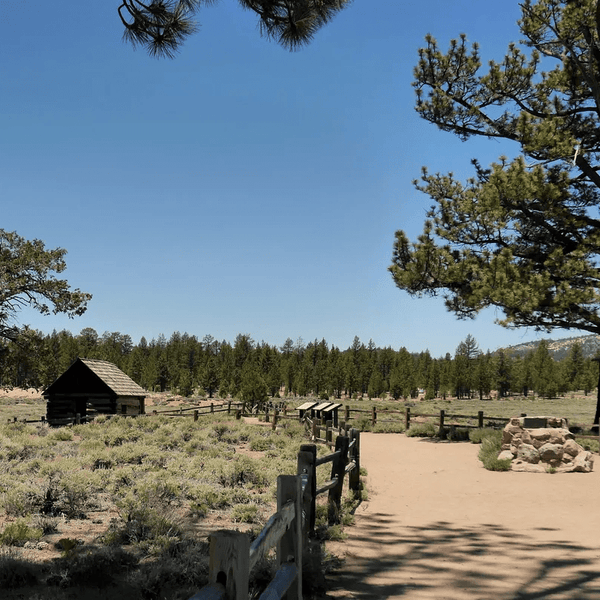
Shop By Vehicle:
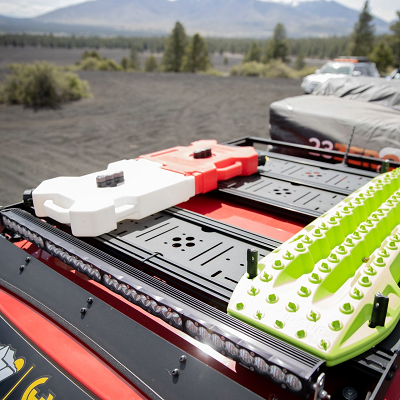
Roof Racks
Bed Racks
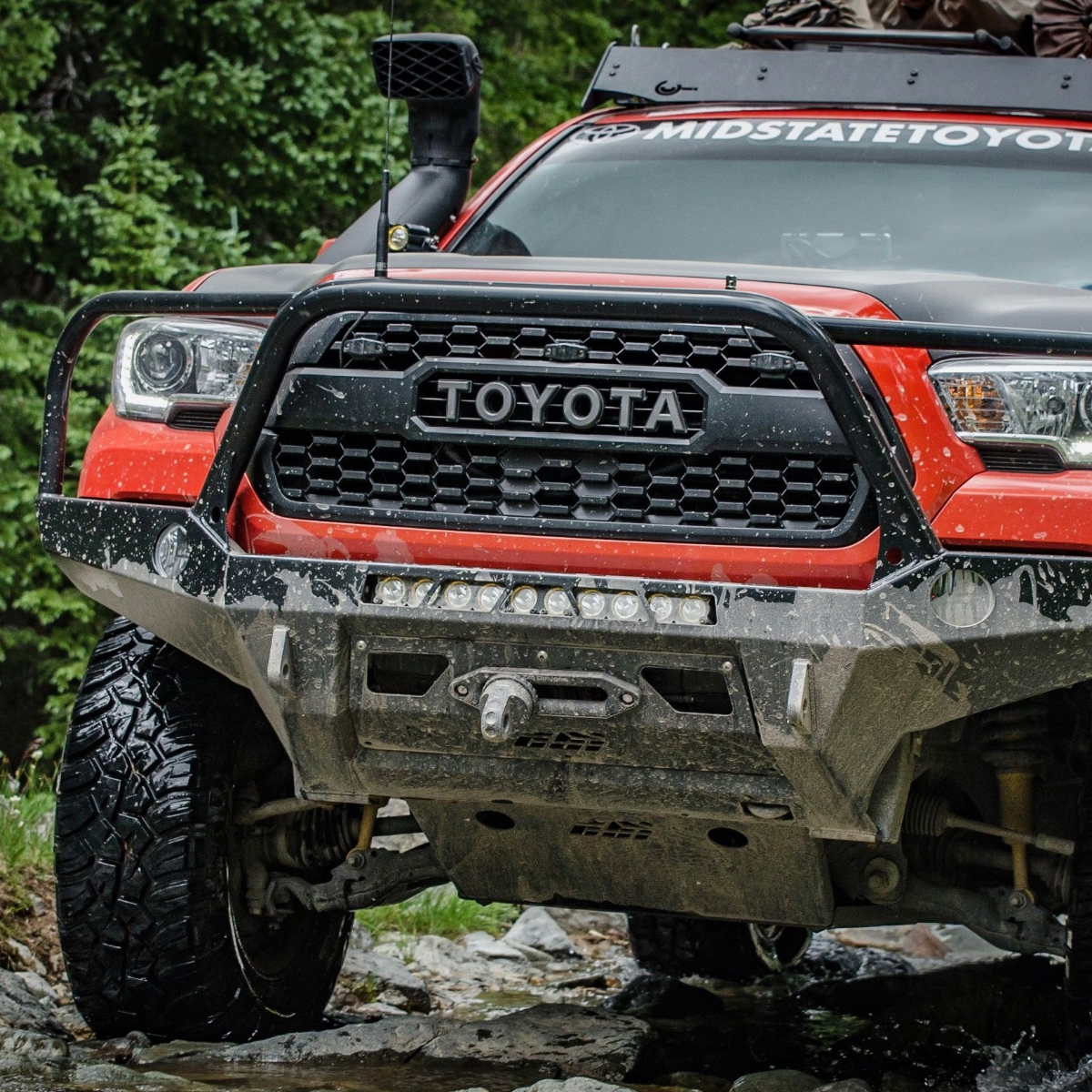
Front Bumpers
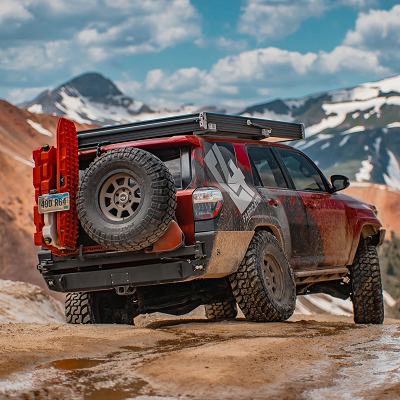
Rear Bumpers
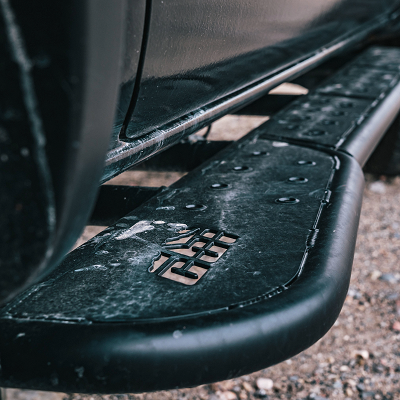
Rock Sliders
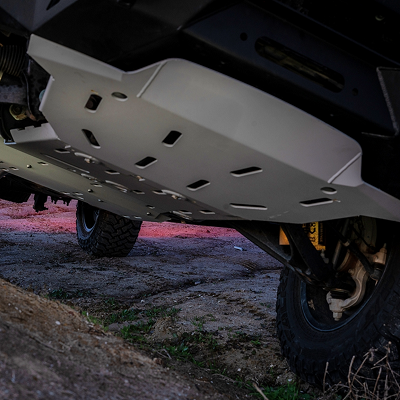
Skid Plates
May 16, 2025 8 min read
As someone who's put over 150,000 miles on my 4Runner exploring everything from remote desert landscapes to alpine forests, I can tell you firsthand that adding a roof tent was an absolute game-changer for my adventures. The Toyota 4Runner's legendary reliability and off-road capability make it the perfect platform for overland travel, but until you've experienced the convenience of having your sleeping quarters mounted securely overhead, you haven't unlocked your vehicle's full potential.
Unlike traditional ground tents that require finding level, clear terrain, roof tents provide a consistent sleeping area regardless of what's beneath your vehicle. I've set up camp on rocky hillsides, muddy forest service roads, and even in light snow—situations where pitching a conventional tent would be challenging or impossible. The elevated position keeps you away from crawling critters, puddles, and uneven ground while providing better ventilation and often superior views.
In this comprehensive guide, I'll walk you through everything you need to know about selecting the perfect rooftop tent for your 4Runner, whether you're a weekend warrior or full-time traveler.

Before diving into specific recommendations, let's establish what makes a great rooftop tent for your 4Runner:
Weight Capacity: Your 4Runner's dynamic (moving) roof load capacity is typically around 165-175 lbs, while the static (parked) capacity is much higher. Most quality roof top tents are designed with these limitations in mind, but always verify compatibility.
Setup Speed: After a long day of driving, the last thing you want is a complicated, time-consuming tent setup. The best options deploy in under 5 minutes.
Weather Resistance: Look for waterproof materials like polyester oxford fabric with high hydrostatic ratings (2000mm+) and sealed seams to ensure a dry interior during unexpected downpours.
Mattress Quality: A high density foam mattress at least 2.5" thick will provide a restful night's sleep that rivals your bed at home.
Size When Closed: Consider your garage clearance and how the closed tent affects your vehicle's aerodynamics and fuel economy.
Construction Materials: Aluminum frames offer the best strength-to-weight ratio, while canvas or poly-cotton blends provide better insulation and breathability than pure synthetic materials.
Weekend warriors need 4Runner Roof Tents that are durable, quick to deploy, and easy to live with during the work week. Here are my top tents on the market based on extensive personal testing and feedback from the 4Runner community:
CVT has earned a reputation for quality that shines in its 4Runner-compatible offerings. The Mt. Triumph features a clamshell hard-top design with a unique stargazing window that transforms nights under the stars. Available in 51" and 56" widths, it comfortably sleeps two adults on a 2.5" mattress. What sold me was the included annex that creates additional protected space—perfect for changing clothes or storing gear.

The Mt. Hood is one of the thinnest roof top tents on the market at just 8.25" when closed, significantly improving fuel economy during highway driving to remote trailheads. Its standout feature is the perimeter "T" channel that allows for modular attachment of crossbars and accessories, creating a customizable platform for your adventure setup.
Both models feature 280g ripstop poly/cotton construction, no-see-um mesh, and come with 8' telescoping ladders. After testing both through mountain snowstorms and desert heat, their four-season design consistently delivers comfort in any environment.

ROAM's Vagabond series has become my go-to recommendation for 4Runner owners seeking the perfect balance between quality and value. Available in three sizes—Lite, Standard, and XL—these soft-shell tents offer remarkable versatility for different adventure needs.
After testing the entire lineup, I've found the standard Vagabondhits the sweet spot for most weekend warriors. Its 56" x 96" sleeping area comfortably accommodates two adults with gear, while the 3" high-density foam mattress delivers a restful night's sleep even after challenging trail days. The 280g poly-cotton ripstop fabric has proven itself waterproof during unexpected mountain storms, while the mesh windows provide excellent ventilation during warmer desert nights.

The Vagabond Lite saves approximately 20 pounds of weight—a consideration if you're concerned about your 4Runner's roof load capacity or frequently remove your tent as weekend warriors do. On the other end, the Vagabond XL expands to a generous 72" width, ideal for families or maybe for those wanting luxury space for two.
What sets the Vagabond series apart is their thoughtful details: built-in shoe bags, internal storage pockets, and included annex compatibility. Each comes with a telescoping ladder and transit cover, and all variants are also available with an optional annex.
The Smittybilt Overlander has become a favorite entry point for many weekend warriors due to its impressive balance of quality and affordability. With a heavy-duty 600D polyester oxford fabric construction and included LED light strip, it offers features usually found in more expensive models.
One of my friends has this tent, and for the price, the anodized aluminum parts hold their own. The frame stands up to repeated use throughout 2 years now, and the included ladder feels sturdy underfoot. Putting it up typically takes around 5-10 minutes once you've gotten used to it.
At around 120 lbs, it's manageable for most roof rack systems while still accommodating up to 661 lbs of static weight. The 92" x 55" sleeping area comfortably fits two adults with room to spare.

For those embarking on extended journeys or living the full-time overlanding lifestyle, these premium options offer enhanced comfort, space, and durability:
The iKamper Skycamp 3.0 represents the pinnacle of rooftop tent innovation for serious travelers. What sets it apart is the ingenious hardshell design that opens like a clamshell to create an expansive sleeping area that can accommodate a family of four.
The standout feature for me was undoubtedly the setup time—just 60 seconds from closed to fully deployed. The honeycomb aluminum floor provides exceptional strength while keeping weight reasonable, and the built-in skyview window allowed for amazing stargazing opportunities.
The premium construction comes with a premium price tag, but for full-time travelers, the double-layer hardshell construction means better aerodynamics when closed and superior durability over years of use.

The Alu-Cab Gen 3-R Tent comes from South Africa, where overlanding isn't just a hobby—it's a way of life. The innovative design features a clamshell opening mechanism that creates more room inside the tent while maintaining a compact footprint when closed.
If you’re looking for durability, then this might be it. I’m impressed with how well this tent can handle extreme conditions. The insulated roof helps maintain comfortable temperatures in both hot and cold environments, while the waterproof canvas construction weathered torrential downpours without a single leak.
Want some extra luxuries? Why not get the shower cube attachment or an awning? Want to integrate solar panels or store extra gear? There’s a roof rack tray that you can attach to this tent. For those going to remote areas for longer periods, this here is some of the best ones you can get.

GFC has developed a cult following among hardcore overlanders for good reason. Their Platform RTT represents a complete rethinking of rooftop tent design, with an ultra-low profile when closed (just 6 inches) and an incredibly durable aluminum structure that can handle years of abuse.
What makes the GFC stand out for full-time travelers is its exceptional four-season capability. The optional insulated panels transform it into a legitimate winter camping solution, while the 360° ventilation keeps things comfortable during summer expeditions. At around 135 lbs, it's surprisingly lightweight for its size.
The minimalist aesthetic isn't for everyone, but those who appreciate the aircraft-grade construction and made-in-USA quality find it worth every penny. The platform design also allows for gear storage underneath—a significant advantage for extended journeys.

Selecting the perfect tent isn't just about budget—it's about honestly assessing your camping style:
Properly mounting your roof top tent is crucial for safety and longevity:
To create a complete overlanding system, consider these complementary additions:
A heavy-duty roof rack system forms the foundation of your setup. Look for options specifically designed for the 4Runner that offer mounting points for additional accessories.
An awning extends your living space beyond the tent, providing shade and weather protection. The ARB and Rhino-Rack options integrate particularly well with most roof top tent setups.
Wolf Packs or similar modular storage systems can be secured to your rack alongside the tent, maximizing organization while maintaining accessibility.
Adding a roof top tent to your 4Runner isn't just about gear—it's about transforming how you experience the outdoors. From quick weekend getaways to extended overlanding expeditions, the right tent elevates your adventures both literally and figuratively.
After years of testing different setups across varying terrain and weather conditions, I've found that the initial investment pays dividends through countless memorable nights under the stars, unexpected detours down promising dirt roads, and the freedom to camp virtually anywhere your capable 4Runner can reach.
Whether you choose a budget-friendly weekend warrior option or invest in a premium setup for full-time travel, the perfect 4Runner roof top tent awaits—one that balances your specific needs for space, durability, comfort, and convenience.
Q: Will installing a roof top tent void my 4Runner's warranty?
A: No, properly installed aftermarket accessories typically don't affect your vehicle's warranty. However, any damage caused by exceeding weight limitations or improper installation wouldn't be covered.
Q: How much will a roof top tent affect my fuel economy?
A: Most users report a 1-3 MPG reduction depending on the tent's size and aerodynamics. Hardshell options typically have less impact than soft-shell designs when closed.
Q: Can I still use my 4Runner as a daily driver with a roof top tent installed?
A: Absolutely. Many weekend warriors drive daily with their tents mounted. Just be mindful of height clearance in parking garages and drive-throughs.
Q: Are roof top tents worth the investment compared to traditional camping setups?
A: For those who camp frequently or in varied terrain, the convenience, comfort, and flexibility of a roof top tent quickly justifies the higher initial cost—especially when you factor in the savings from hotel stays and campground fees over time.
Q: How do roof top tents handle strong winds compared to ground tents?
A: When properly installed, roof top tents typically handle wind better than ground tents due to their sturdy frames and the vehicle's stability. However, extreme conditions may require additional guy lines or seeking more sheltered positions.
Comments will be approved before showing up.
Sign up to get the latest on sales, new releases and more …